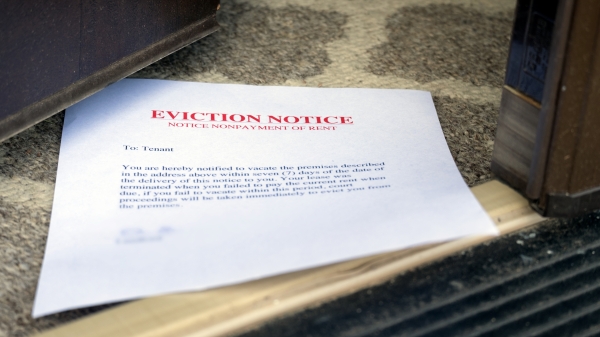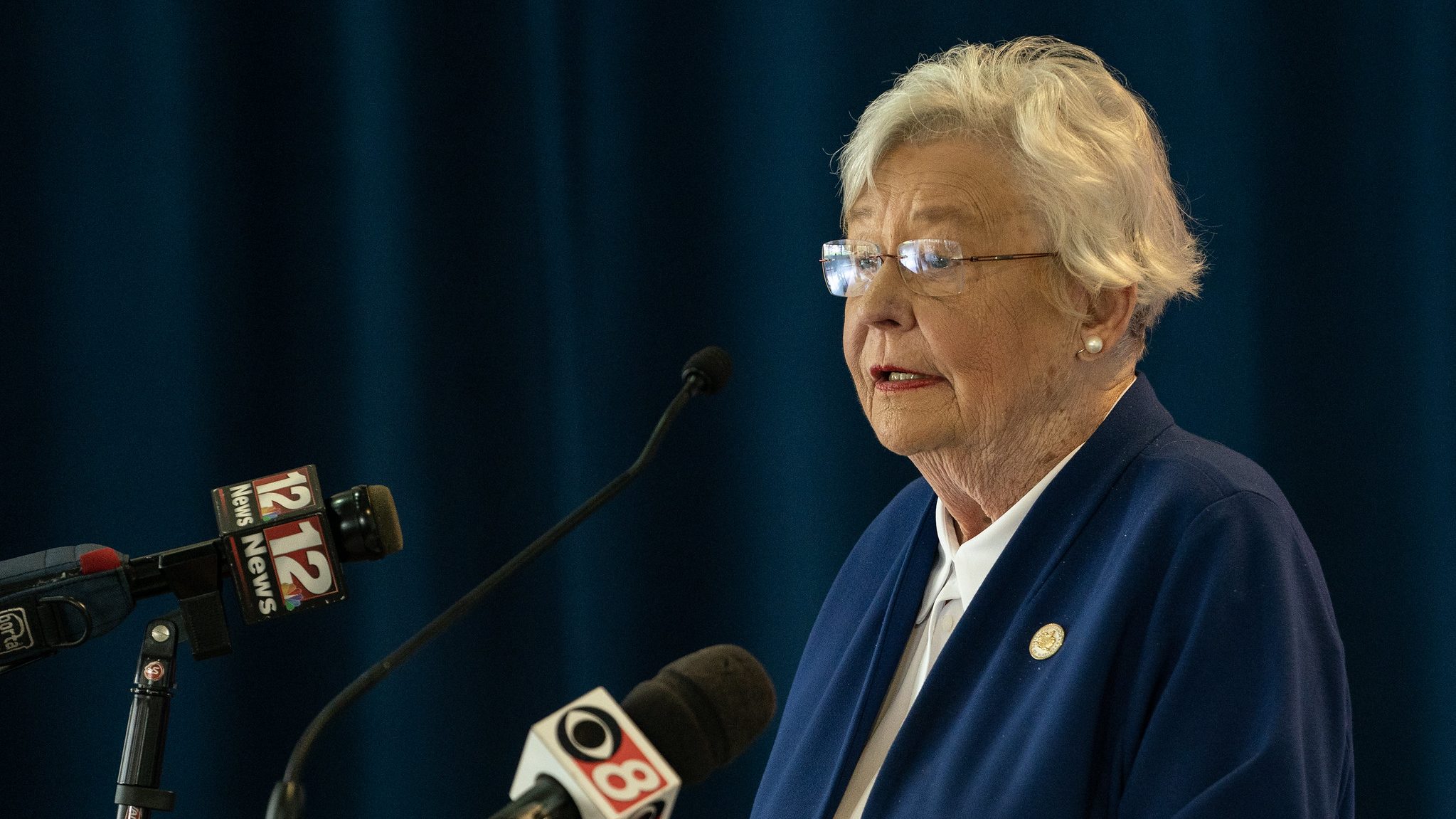Gov. Kay Ivey announced on a Friday appearance on Capitol Journal her intent to support legislation in the next regular session creating Educational Savings Accounts.
That’s the official term used for the school vouchers program that has been gaining traction over the past two sessions, although the legislation never got off the ground this year.
“My goal is for Alabama to be the most school choice-friendly state in the nation,” Ivey said on the show. “I want us to have lots of school choices for our parents to choose from. We are working now, already, now, on a bill, an ESA bill, an education savings account bill, to present to the Legislature in the next session and I’m very optimistic that will pass.
“But, it is very important for our parents to have choices of where to send their children for school,” Ivey continued. “Whether it’s public, private, home-schooled or whdatever But the goal is to get our children a quality education.”
Legislation introduced in the previous session by Sen. Larry Stutts, R-Sheffield, failed to pick up traction, which he blamed partly on political maneuvers. The bill originated in the Senate Education Policy committee, but after a lengthy public hearing on the bill, Stutts was told the legislation would have to move to the Education Budget committee, before coming back again to Policy—a circuitous route before it would even have a chance of reaching the full Senate.
Those public hearings included a lot of support primarily from private school administrators and the Eagle Forum, while critics including public school administrators and the Alabama Education Association said the bill lacks accountability and would rob public schools of funding.
Alabama GOP Chairman John Wahl told APR that the party is at odds with the AEA over its opposition to the bill, as well as “parental rights” as a whole.
“The question is becoming is the AEA and NEA at conflict with parents, and the idea of parental rights in our education system,” Wahl told APR. “So we’re looking at issues like banning critical race theory, school choice, transparency in curriculum, and other issues that kind of address our children in Alabama being taught what their parents want them to be taught.”
Proponents of such vouchers have said the system would actually be auditable in real time, and also argue that it would not hurt the funding of public schools, because federal and local funds are not tied to enrollment. They argue that the small percentage of students that leave the school system would actually bring in more money per pupil based on this allocation.
That does not appear to account for the large amount of public funds not currently going toward students at private schools that would be siphoned from the Education Trust Fund.
It remains to be seen what Ivey’s version of the program will look like.


















































